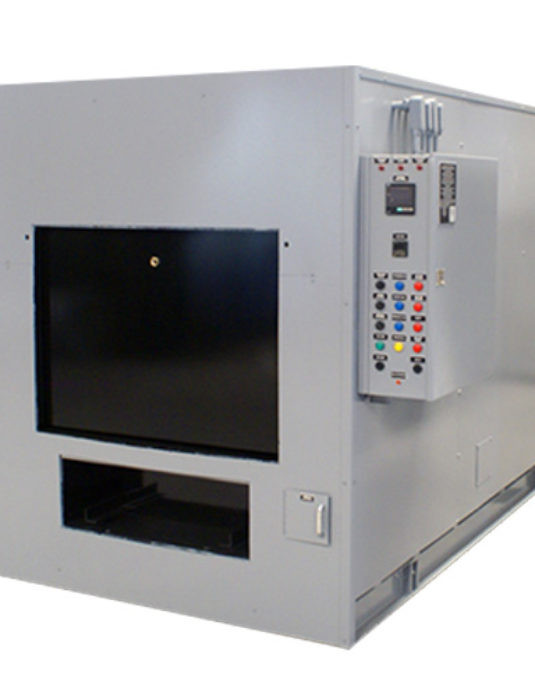Advanced Human Body Cremation Systems for Modern Funeral Services
Advanced Human Body Cremation Systems for Modern Funeral Services

The modern funeral industry has seen significant advancements in technology, particularly in the way human body cremation is carried out. Traditional methods of cremation, though effective, have given way to more efficient, environmentally conscious, and technologically advanced systems. These innovations are designed to enhance the process, ensuring it meets the needs and expectations of families while also adhering to sustainability goals. One of the most notable advancements in the field is the introduction of Advanced Human Body Cremation Systems.
Advanced cremation systems use state-of-the-art technology to provide a more precise, faster, and cleaner cremation process. These systems incorporate high-efficiency furnaces that operate at optimal temperatures, ensuring that the human body is reduced to ashes efficiently. Moreover, the cremation chambers are designed to minimize the release of harmful emissions, thus promoting a greener approach to the end-of-life process. They feature advanced filtration systems that capture and neutralize pollutants before they are released into the environment, making them far more eco-friendly compared to older methods.
Another key feature of these modern cremation systems is the automation and computerization of the process. Advanced cremation systems often come equipped with sophisticated software that allows funeral directors to closely monitor and control the cremation process in real-time. This ensures consistent results and reduces the margin for human error. The software may also include a built-in tracking mechanism that ensures the proper identification and handling of the body throughout the cremation process. With features such as temperature regulation and real-time monitoring, these systems also provide families with more transparency and peace of mind.
In addition to these advancements in cremation
Blood bank instruments also play an important role in the overall health and medical management of individuals before their passing. Blood banks are crucial for the storage and management of blood and blood products that may be required for surgery, emergency care, or long-term treatments. Though not directly linked to cremation, blood bank instruments serve an essential function in the healthcare system, ensuring that the right blood is available when needed. These instruments are highly sophisticated, often automated, and capable of storing blood at various temperatures to ensure its viability. They also include diagnostic tools to test blood for compatibility and contamination, helping to maintain patient safety.
Blood bank instruments have evolved alongside other medical technologies, contributing to improved patient care and making certain procedures safer and more effective. However, the funeral industry’s evolution towards advanced cremation systems is an equally important facet of healthcare, as it aims to support grieving families with thoughtful and efficient solutions during their time of loss.
The trend towards Advanced Human Body Cremation Systems also reflects broader societal trends of personalization and customization. Families are now more involved in the process and can opt for more tailored services that reflect the preferences and values of the deceased. Some advanced cremation systems offer customizable urns, personalized keepsakes, and even the option to incorporate the cremated remains into memorial items like jewelry or artwork. These options allow for a more meaningful memorialization, giving families a way to celebrate their loved one’s life beyond the traditional funeral.
Conclusion
Advanced Human Body Cremation Systems represent a significant step forward in the funeral services industry, focusing on efficiency, sustainability, and customization. The incorporation of modern technology ensures that the cremation process is smoother, more environmentally friendly, and better suited to the needs of contemporary families. As these systems continue to evolve, they promise to provide even greater value and peace of mind for those dealing with the loss of a loved one.





